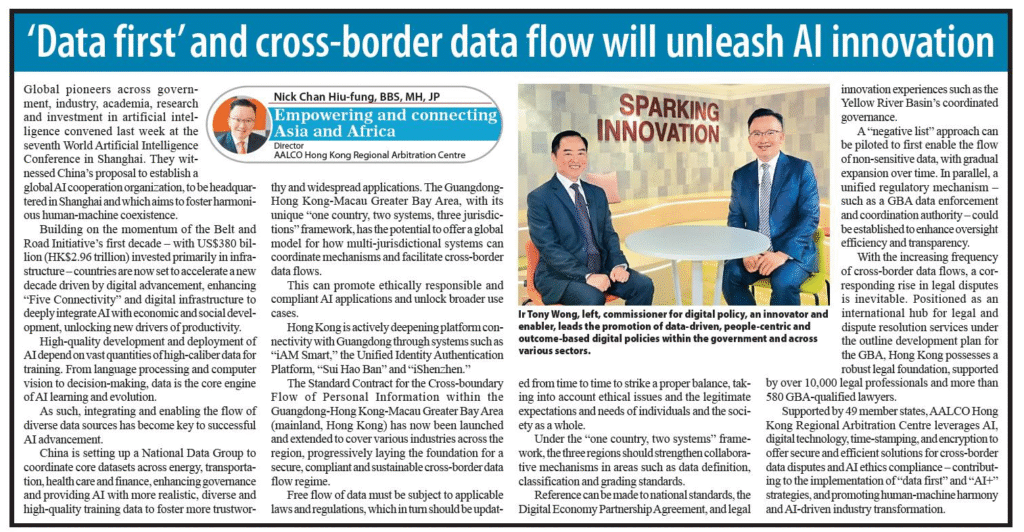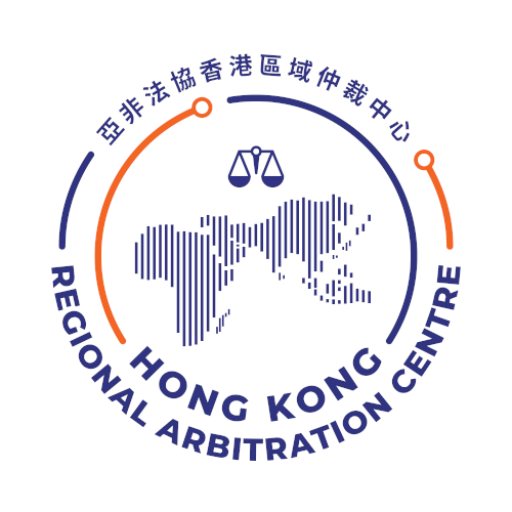- admin
- August 29, 2025
Global pioneers across government, industry, academia, research and investment in artificial intelligence convened last week at the 7th World Artificial Intelligence Conference (WAIC) in Shanghai. They witnessed China’s proposal to establish a global AI cooperation organization, to be headquartered in Shanghai and aiming to foster harmonious human-machine coexistence. Building on the momentum of the Belt and Road Initiative’s first decade—with $380 billion invested primarily in infrastructure—countries are now set to accelerate a new decade driven by digital advancement, enhancing “Five Connectivity” and digital infrastructure to deeply integrate AI with economic and social development, unlocking new drivers of productivity.
High-quality development and deployment of AI depend on vast quantities of high-caliber data for training. From language processing and computer vision to decision-making, data is the core engine of AI learning and evolution. As such, integrating and enabling the flow of diverse data sources has become key to successful AI advancement. China is setting up a National Data Group to coordinate core datasets across energy, transportation, healthcare, and finance, enhancing governance and providing AI with more realistic, diverse, and high-quality training data to foster more trustworthy and widespread applications.
The Guangdong-Hong Kong-Macao Greater Bay Area (GBA), with its unique “One Country, Two Systems, Three Jurisdictions” framework, has the potential to offer a global model for how multi-jurisdictional systems can coordinate mechanisms and facilitate cross-border data flows. This can promote ethically responsible and compliant AI applications and unlock broader use cases. Hong Kong is actively deepening platform connectivity with Guangdong through systems such as “iAM Smart,” the Unified Identity Authentication Platform, “Sui Hao Ban” (穗好辦) and “iShenzhen.” The Standard Contract for the Cross-boundary Flow of Personal Information within the Guangdong-Hong Kong-Macao Greater Bay Area (Mainland, Hong Kong) has now been launched and extended to cover various industries across the region, progressively laying the foundation for a secure, compliant, and sustainable cross-border data flow regime.
Free flow of data must be subject to applicable laws and regulations, which in turn should be updated and updated from time to time to strike a proper balance taking into account ethical issues and the legitimate expectations and needs of individuals and the society as a whole. Under the “One Country, Two Systems” framework, the three regions should strengthen collaborative mechanisms in areas such as data definition, classification, and grading standards. Reference can be made to national standards, the Digital Economy Partnership Agreement (DEPA), and legal innovation experiences such as the Yellow River Basin’s coordinated governance. A “negative list” approach can be piloted to first enable the flow of non-sensitive data, with gradual expansion over time. In parallel, a unified regulatory mechanism—such as a GBA Data Enforcement and Coordination Authority—could be established to enhance oversight efficiency and transparency.
With the increasing frequency of cross-border data flows, a corresponding rise in legal disputes is inevitable. Positioned as an international hub for legal and dispute resolution services under the Outline Development Plan for the GBA, Hong Kong possesses a robust legal foundation, supported by over 10,000 legal professionals and more than 580 GBA-qualified lawyers. Supported by 49 member states, AALCO Hong Kong Regional Arbitration Centre leverages AI, digital technology, time-stamping, and encryption to offer secure and efficient solutions for cross-border data disputes and AI ethics compliance—contributing to the implementation of “data-first” and “AI+” strategies, and promoting human-machine harmony and AI-driven industry transformation.
“Data first” and cross-border data flow will unleash AI Innovation


